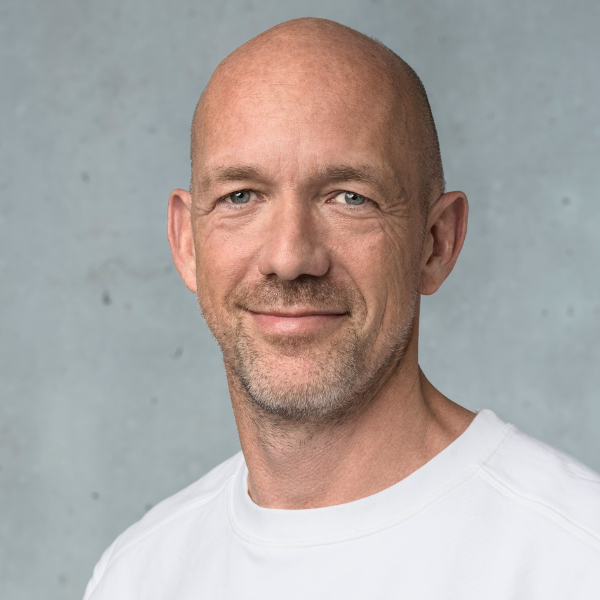
Serial entrepreneur and Management Science & Engineering adjunct professor Steve Blank often finds himself helping students and former students workshop their startups and careers. He’s the force behind the customer discovery and development process that inspired the lean startup movement, so many of these coffee hours involve the concept of product/market fit.
With the onset of COVID-19, he noticed that the tone of these now-virtual conversations has shifted. “Many of these students and former students were finding this crisis to be an existential wakeup call,” he writes in a recent blog post. “Often, the conversation went something like this: ‘My job feels pretty meaningless in the big picture of what matters. I’m no longer sure my current career path is what I want to do. How do I figure it out?’”
In response, he’s found himself drawing on that very customer discovery methodology, and advising young people to apply it not to a start-up, but to themselves. He recommends several ways that an adapted customer discovery process can aid a career reinvention.
-
Start by doing the right research.
If you’ve already zeroed in on a particular field, start by looking in at niche publications where you’re likely to find nascent technologies and breaking news. “If you’re thinking about educational technology, start by reading EdSurge,” writes Blank. For a career in life sciences, on the other hand, he recommends publications like Medgadget, NEJM Frontiers in Medicine, FierceBiotech, In the Pipeline, and Xconomy. And for aspiring social entrepreneurs, he points to The Stanford Social Innovation Review, as well as the social entrepreneurship sections of more general-interest publications like Entrepreneur, Inc., Fast Company and Forbes.
-
If you’re thinking of starting a company, get to know the VCs.
In the early days of venture capital, Blank observes, most firms financed companies across all sorts of industries and technologies. These days, they tend to be much more niche. “Today, therapeutics and diagnostics, as well as medical devices, are often funded by VC firms that specialize in only those domains,” he writes. “A field like digital health, on the other hand, crosses more boundaries and may be funded by all types of firms.” If you’re interested in a starting a company, he recommends that you start following the blogs and podcasts of VCs in the relevant area. For life sciences, that might be things like LifeSciVC (from Bruce Booth of Atlas Ventures) and A Healthy Dose (from Steve Kraus at Bessemer Venture Partners and Trevor Price of Oxeon Partners and Town Hall Ventures).
-
Inexpensively pivot your education into a new field.
“Personal research is a start, but if you need more structure, an online education could be a viable alternative to expensive college debt,” writes Blank. He points out that Coursera, EdX and ClassCentral have hundreds of online classes in medicine, health and related fields. In fact, the range of online learning options might be better than ever right now, as numerous organizations spin free digital classes to respond to the pandemic. At Stanford, Blank himself is working with a few colleagues to offer the entire Stanford community (faculty, staff and students) several free five-day sessions called Hacking 4 Recovery, adapting of their Lean Launchpad curriculum to the current moment. On a broader scale, Udacity is offering free access to 40 of its nanodegree programs for the duration of the pandemic. Organizations large and small are providing educational resources that weren’t available prior to COVID-19.
-
Get out of the building (virtually).
The bedrock of any customer discovery process is getting out of the building and talking to real, in-the-flesh potential customers. As long as social distancing persists, most of these in-person interactions are off the table. But you can still get out of the building virtually, and in another recent blog post, Blank pulled together many suggestions for how to “get out of the building” via Zoom and other digital communication tools. People on the front lines of the COVID-19 fight (like first responders and health care workers) might be otherwise engaged, but many on the sidelines may be more available than usual to video chat about what’s most inspiring and frustrating about their work, and offer advice on how to get into their field.
This crisis, Blank concludes, can present a huge opportunity to make your life more meaningful: “Now is the time to ask: Is my work relevant? Am I living the life I really wanted? Does the pandemic change the weighting of what’s important?”
Depending on the answers to those questions, it may be time to sketch out a personal career discovery framework and start making some video calls.







